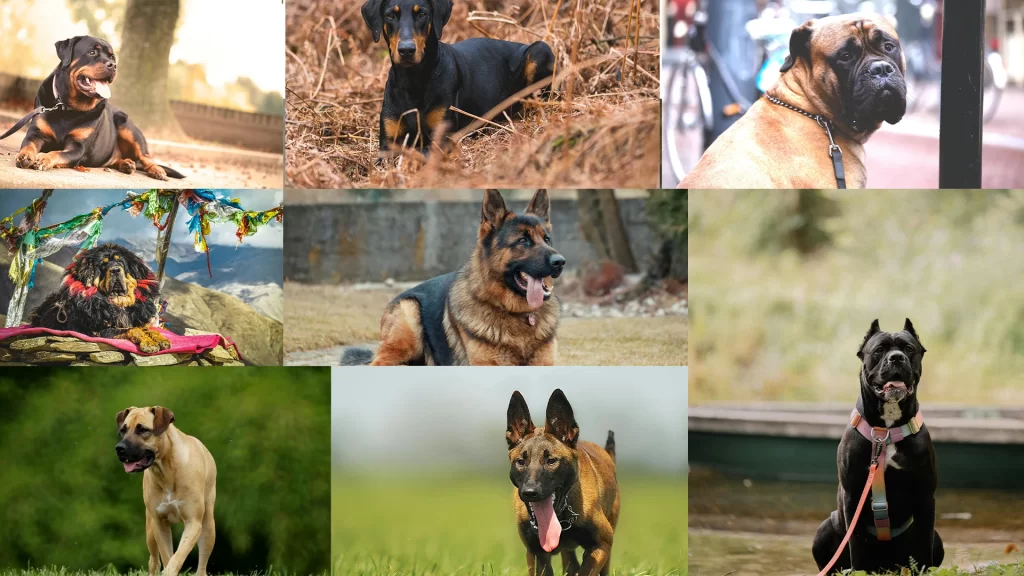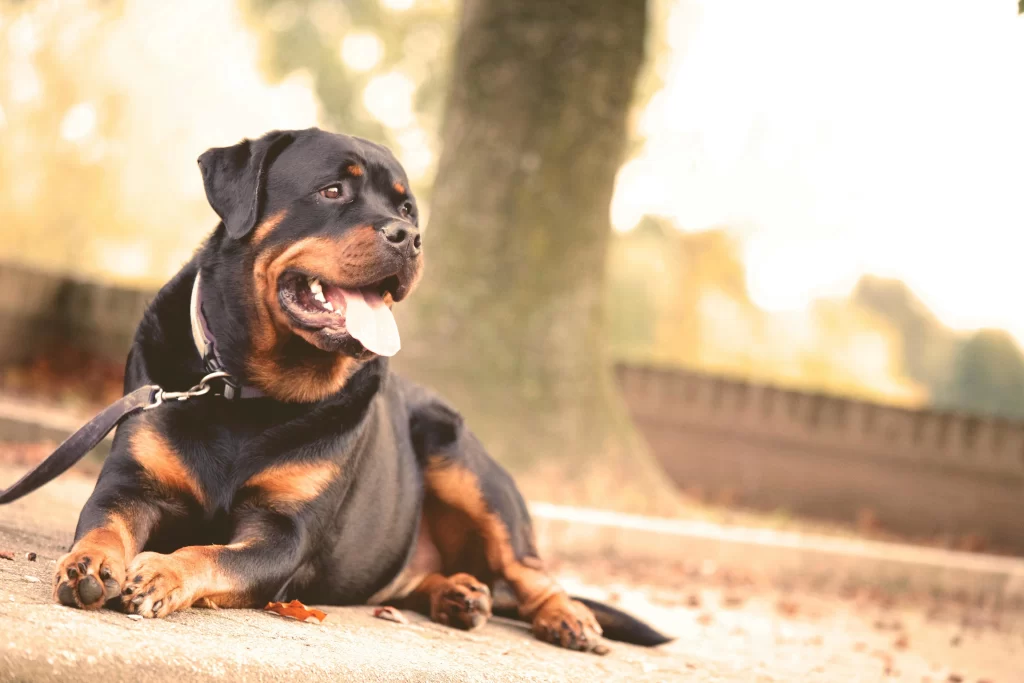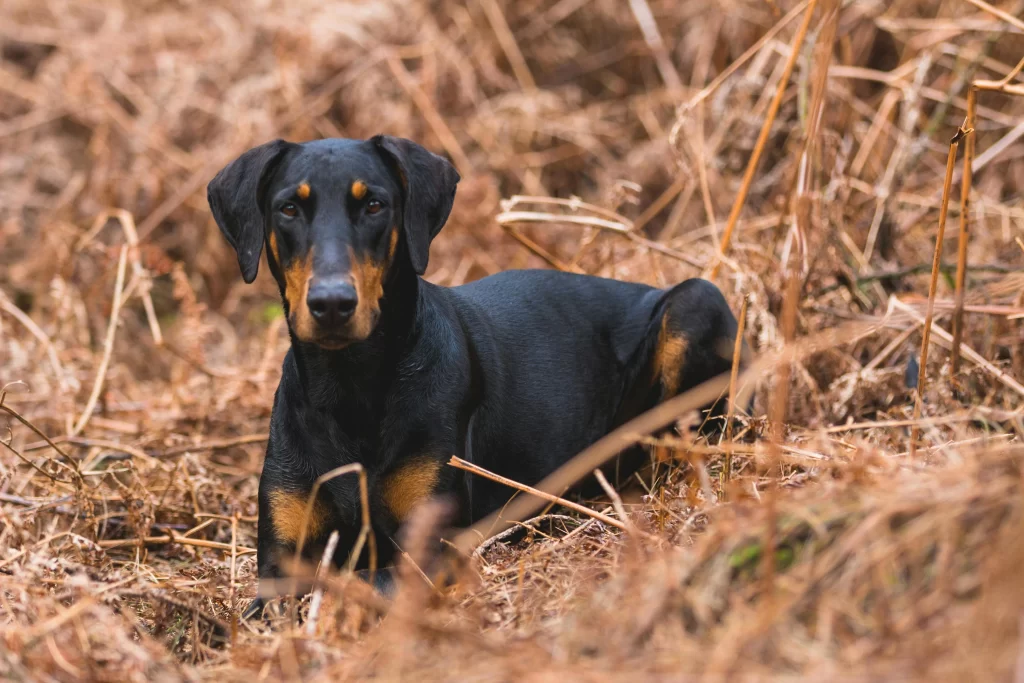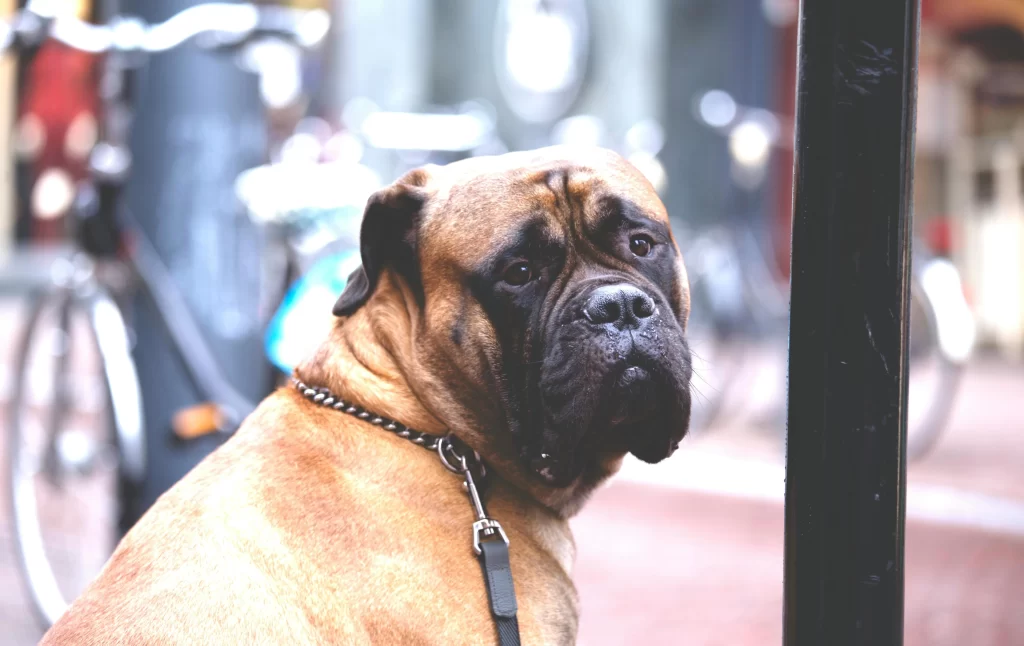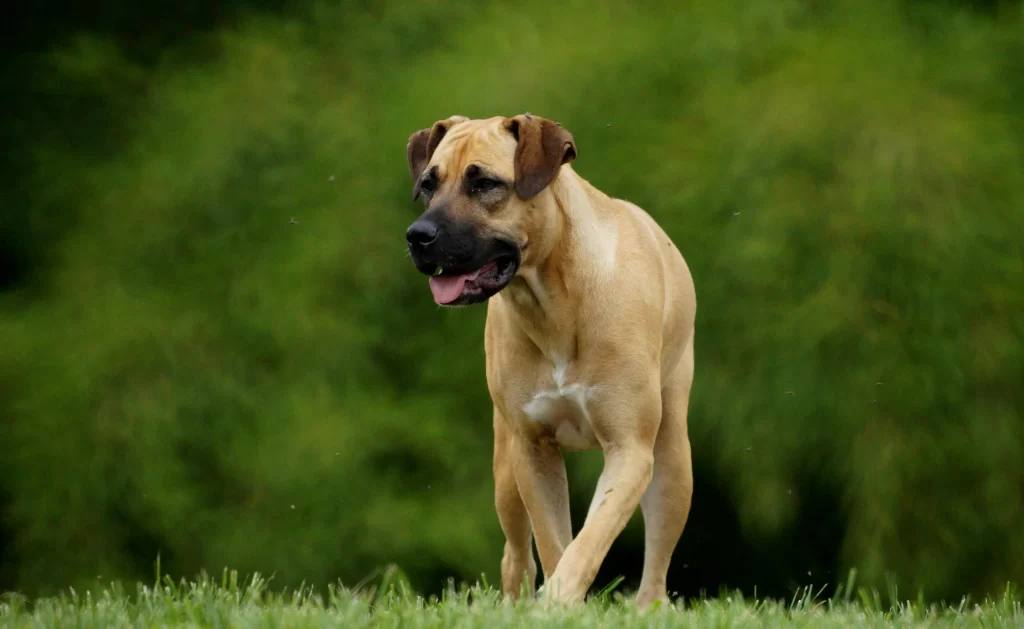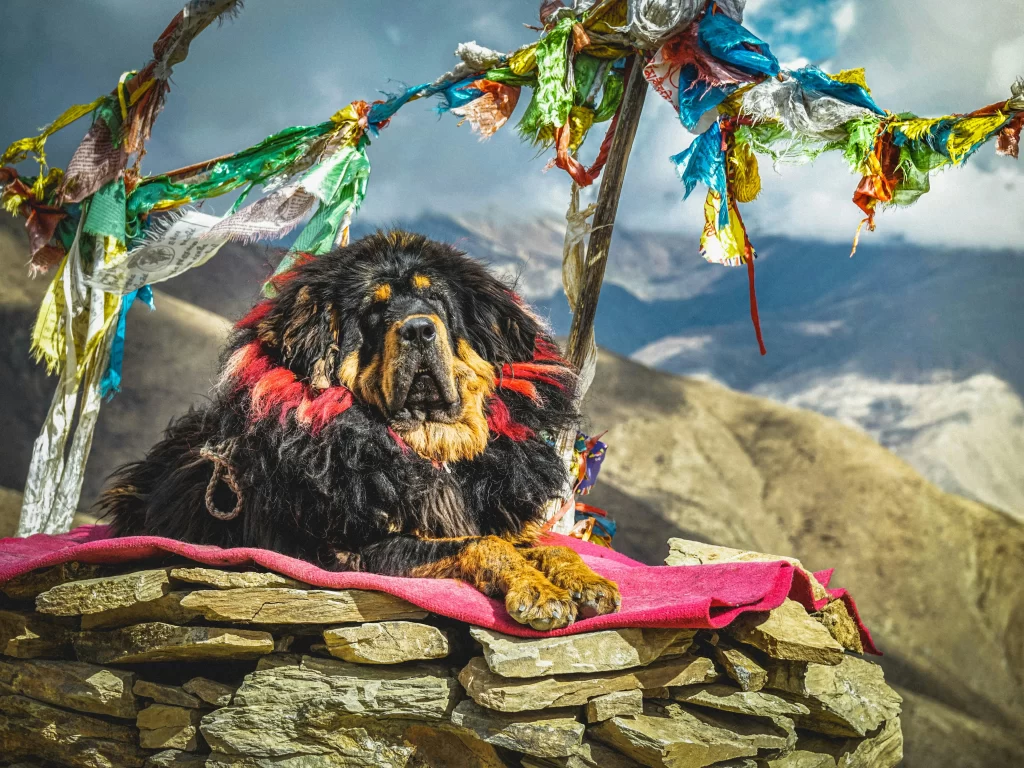Introduction
Dogs are famously known as “man’s best friend,” offering companionship, loyalty, and unwavering support. However, some dogs go a step further with extraordinary courage and strong protective instincts. In this post, we’ll explore ten fearless dog breeds that consistently earn recognition for their bravery and steadfast dedication. Whether you’re looking for a loyal guardian or simply want to learn about these bold canines, read on to discover your next four-legged hero.
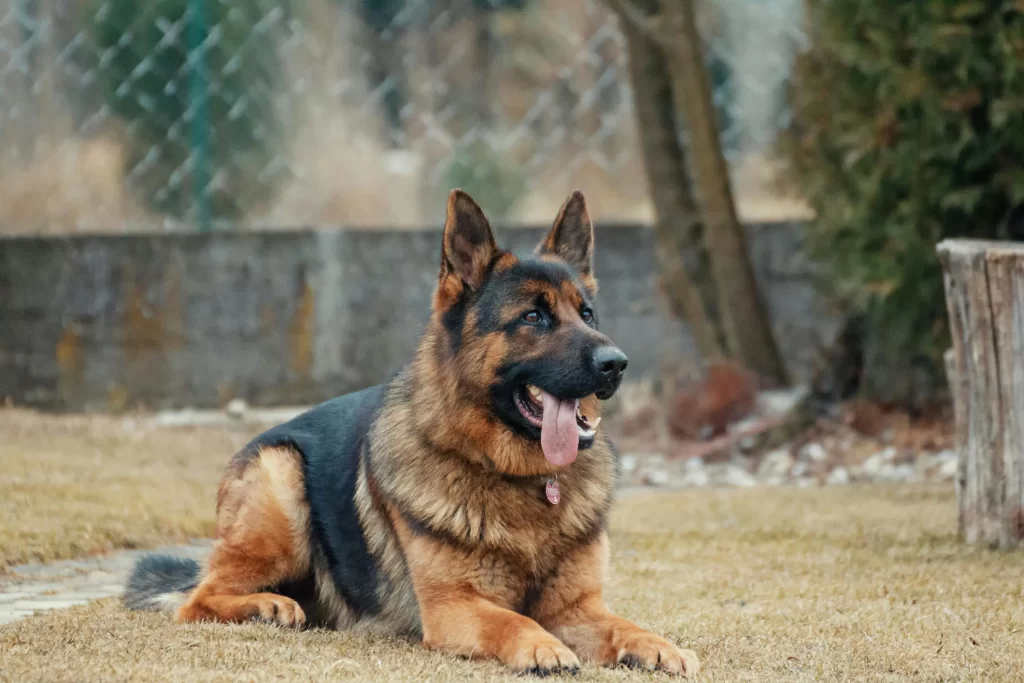
1. German Shepherd
Why They’re Fearless:
German Shepherds are renowned for their intelligence and courage. Originally bred in Germany for herding sheep, they have evolved into excellent police and military dogs. Their strong protective instinct, confidence, and high trainability make them a top choice for families and professionals alike.
- Key Traits:
- Highly intelligent
- Protective of family
- Adaptable to various tasks
Fun Fact:
German Shepherds can learn commands at an impressive rate, often mastering a new command in as few as five repetitions.
2. Rottweiler
Why They’re Fearless:
Rottweilers have a long history as guardians and herding dogs. Known for their muscular build and calm confidence, they are especially watchful and protective, making them excellent family protectors.
- Key Traits:
- Loyal and protective
- Even-tempered but vigilant
- Responds well to consistent training
Training Tip:
Early socialization and positive reinforcement are crucial for bringing out the best in a Rottweiler.
3. Doberman Pinscher
Why They’re Fearless:
Doberman Pinschers are famous for their sleek appearance and fearless demeanor. Bred initially for personal protection, these dogs are both intelligent and swift, making them excellent guard dogs.
- Key Traits:
- Athletic and energetic
- Intensely loyal
- Highly responsive to obedience training
Health Note:
Dobermans can be prone to certain heart conditions, so regular vet check-ups are essential.
4. Bullmastiff
Why They’re Fearless:
As a cross between Bulldogs and Mastiffs, Bullmastiffs inherit a powerful stature and a protective nature. They are known for their calm and reliable temperament, acting as excellent family guardians without being unnecessarily aggressive.
- Key Traits:
- Large and imposing
- Gentle with family
- Tends to be reserved around strangers
Lifestyle Tip:
Despite their size, Bullmastiffs are moderate in their exercise needs. However, they do require consistent walks to maintain a healthy weight.
5. Boerboel
Why They’re Fearless:
Originating from South Africa, Boerboels were bred to protect remote farms from predators. Their imposing size and muscular build coupled with a confident temperament allow them to stand guard with unwavering determination.
- Key Traits:
- Extremely protective of family and property
- Calm, stable temperament
- Requires firm, consistent leadership
Did You Know?
“Boerboel” is derived from the Afrikaans words for “farmer’s dog,” highlighting its agricultural origins.
6. American Pit Bull Terrier
Why They’re Fearless:
The American Pit Bull Terrier has earned a reputation for strength and tenacity. While these dogs are powerful, proper training and socialization reveal a gentle and loving side, especially with family members.
- Key Traits:
- Energetic and strong
- Incredibly loyal
- Thrives on human interaction
Myth Buster:
Pit Bulls are often misunderstood. With responsible ownership and early socialization, they can be fantastic, affectionate pets.
7. Tibetan Mastiff
Why They’re Fearless:
Tibetan Mastiffs hail from the Himalayan region, where they were historically used to guard flocks against predators like wolves and leopards. Their thick double coat and robust stature allow them to handle harsh climates and protect fearlessly.
- Key Traits:
- Independent and protective
- Adaptable to cold climates
- Calm yet strong-willed personality
Training Insight:
Because of their independent nature, Tibetan Mastiffs benefit from consistent, patient training focused on positive reinforcement.
8. Cane Corso
Why They’re Fearless:
Cane Corsos come from ancient Roman war dogs, which explains their confident and protective temperament. They remain poised in challenging situations and are incredibly loyal to their families.
- Key Traits:
- Powerful build with strong instincts
- Intelligent and trainable
- Calm, imposing demeanor
Grooming Tip:
Their short coat is relatively low maintenance but does shed seasonally, so a weekly brushing helps keep hair under control.
9. Belgian Malinois
Why They’re Fearless:
Often employed by police and military units, the Belgian Malinois is known for unmatched courage and agility. Highly trainable and eager to work, they excel in tasks that demand alertness and precision.
- Key Traits:
- Quick learner and high energy
- Extremely focused and driven
- Excellent at advanced training (agility, search, rescue)
Activity Requirement:
They need rigorous daily physical and mental stimulation to stay happy and well-behaved.
10. English Mastiff
Why They’re Fearless:
English Mastiffs are gentle giants with an imposing physique. Behind their massive size lies a calm and loving temperament, making them excellent family dogs who fiercely protect those they love.
- Key Traits:
- Docile and affectionate
- Patient with children
- Naturally reserved but watchful around strangers
Space Consideration:
English Mastiffs are large dogs that appreciate ample living space, yet they’re generally quite mellow indoors.
Final Thoughts
Each of these breeds has unique traits that contribute to their fearless reputation. Whether you’re seeking a steadfast protector or a brave companion, it’s essential to research each breed’s needs, including training, exercise, and grooming requirements. Proper socialization, consistent training, and responsible ownership are key to raising a confident, well-adjusted dog.
Remember: Even the most fearless dog breeds require love, attention, and proper care to thrive. By choosing the right breed for your lifestyle and providing them with the support they need, you’ll be well on your way to a rewarding, lasting bond with your courageous canine companion.

